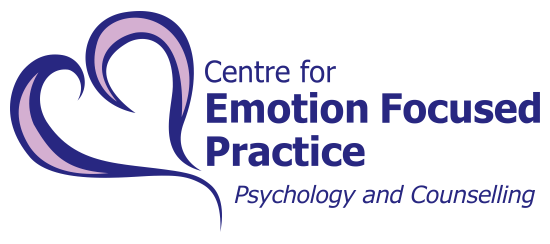The Fallout Associated with Traumatic Experiences
Trauma is a word that describes the intense suffering experienced by those who have been subjected to unimaginable pain and injury. Traumatic events result in differing experiences for each individual involved. There is no question that trauma involves devastating physical and emotional damage.
A traumatic event is one that is so emotionally or physically stressful that it swamps your coping abilities, leaving you feeling isolated, helpless and vulnerable. However trauma is also a subjective experience which means that each person will be affected to varying degrees. Your reaction to a trauma is what determines how the situation will affect you from a psychological standpoint, as well as from a physical standpoint.
A truly traumatic situation that has minimal emotional impact on one individual may devastate another person and render them functionally useless. How you handle any type of trauma is the result of your learned behaviors, culture, spiritual beliefs, personal coping skills, innate personality, pain threshold and your external support system.
Physical trauma will always bring some level of emotional injury into the picture, but individuals often face painful emotional traumas without any physical injury being involved. It is difficult to try and assess which type of trauma exacts the highest toll because both emotional and physical trauma can leave wounds and painful memories that never completely heal.
Experts realize that unresolved psychological traumas may stay submerged in the psyche for years. In these events the trauma is never addressed in a healthy manner which means that there is no resolution only a festering emotional wound. The damages wrought by such unresolved issues may well prove to be far worse than the initial event that triggered the trauma.
Obviously it is easy to recognize physical trauma that results in such problems as broken bones, amputated limbs or multiple surgeries. When psychological trauma occurs it is not going to be readily apparent.
What the person is then left with, however, are the emotional wounds and repercussions of the actual traumatic event. Psychological trauma can last for many years, and if unresolved, can even become more devastating than the original traumatic event. Some people will remain locked into one unhappy scenario that they relive over and over; finding themselves unable to move forward with their lives and futures.
A trauma victim with unresolved emotional issues will frequently experience signs of anxiety. It is quite common for these individuals to become fearful and withdraw from life. Depression, nervousness and panic attacks are frequently documented.
Traumatic experiences can also result in problems such as:
- Insomnia
- Restlessness
- Compulsive eating or other eating disorders
- Trust and Intimacy Issues
- Flashbacks
- Guilt
- Lack of focus and decreased concentration
- Poor memory
- Nightmares
- Chronic pain with no discernible cause
- Fatigue
- Broken relationships
Recovering from Traumatic Experiences
Finding the right therapist is the first step in a healthy healing process. A trained counselor can help you uncover even long-buried traumas and help you resolve those emotional issues. Healing physically from a traumatic event is often accomplished much more quickly than recovering from an emotional trauma. You can find your way back to a normal and healthy life, regardless of the traumatic events in your past.
Just be willing to open the door and take that all-important first step.
